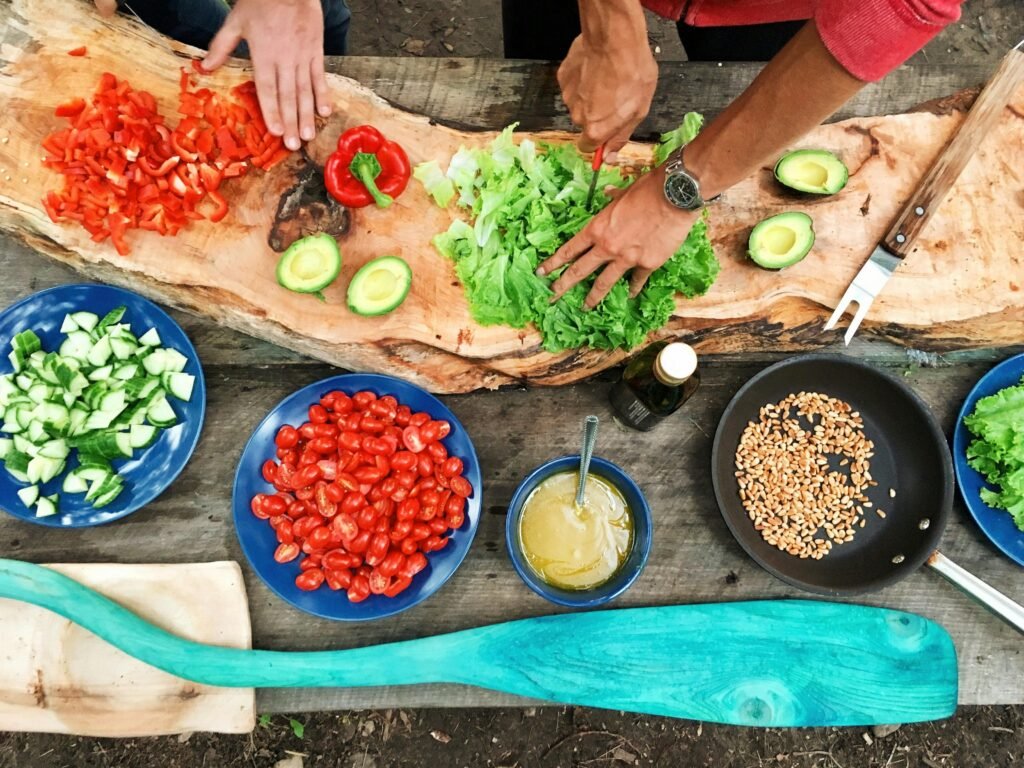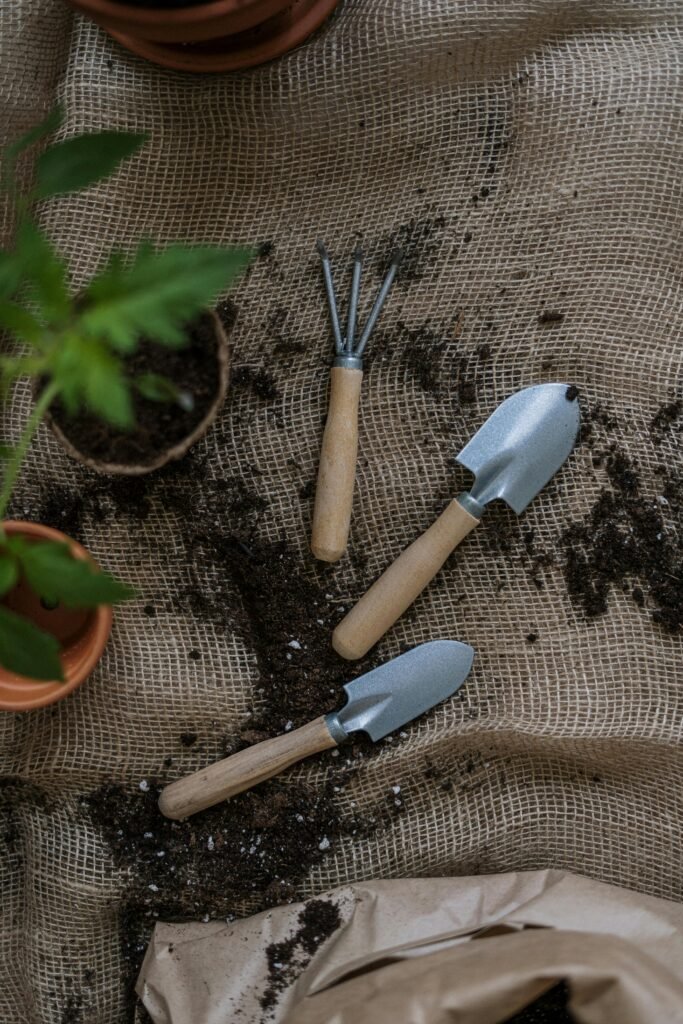
In today’s world, where sustainability has become a crucial part of our daily lives, adopting eco-friendly practices in the kitchen can make a significant difference. Whether you’re a seasoned cook or just starting your culinary journey, integrating sustainable cooking habits can help you reduce waste, save energy, and contribute positively to the environment. In this article, we’ll explore ten essential sustainable cooking tips that can turn your kitchen into a green haven.
1. Choose Local and Seasonal Ingredients
Buying locally grown, seasonal produce not only supports local farmers but also reduces the carbon footprint associated with long-distance transportation. Plus, seasonal ingredients are often fresher and more flavorful.
2. Minimize Food Waste
Plan your meals ahead, use leftovers creatively, and learn proper food storage techniques to minimize waste. Composting food scraps is another excellent way to reduce waste and enrich your garden soil.
3. Opt for Energy-Efficient Appliances
Invest in energy-efficient kitchen appliances that consume less electricity. Look for the ENERGY STAR label when purchasing new appliances, and consider using manual tools like hand mixers or grinders.
4. Cook in Batches
Cooking larger portions at once can save energy and resources. By preparing meals in bulk, you reduce the need to cook multiple times, which not only conserves energy but also saves time.
5. Use Reusable Containers and Bags
Instead of single-use plastic containers, opt for reusable glass or stainless steel containers. Reusable shopping bags and produce bags are also a great way to reduce plastic waste.
6. Embrace Plant-Based Meals
Incorporate more plant-based meals into your diet. Plant-based diets have a lower environmental impact compared to meat-based diets, as they require fewer resources to produce.
7. Conserve Water
Be mindful of your water usage in the kitchen. Use dishwashers only when full, fix leaks, and try to reuse water when possible, such as using pasta water to water your plants.
8. Grow Your Own Herbs

Growing your own herbs and vegetables at home reduces the need for store-bought produce and packaging. It’s also a fun and rewarding way to ensure you have fresh ingredients on hand.
9. Use Eco-Friendly Cleaning Products
Choose biodegradable and non-toxic cleaning products for your kitchen. These products are better for the environment and safer for your health.
10. Practice Mindful Eating
Finally, practicing mindful eating by savoring each bite and avoiding overeating can contribute to a more sustainable lifestyle. It helps in reducing food waste and promotes a healthier relationship with food.
Conclusion
Sustainable cooking is all about making small, intentional changes that can have a big impact on the environment. By following these tips, you can create a more eco-friendly kitchen that not only benefits the planet but also enhances your cooking experience. Remember, every step towards sustainability counts!

